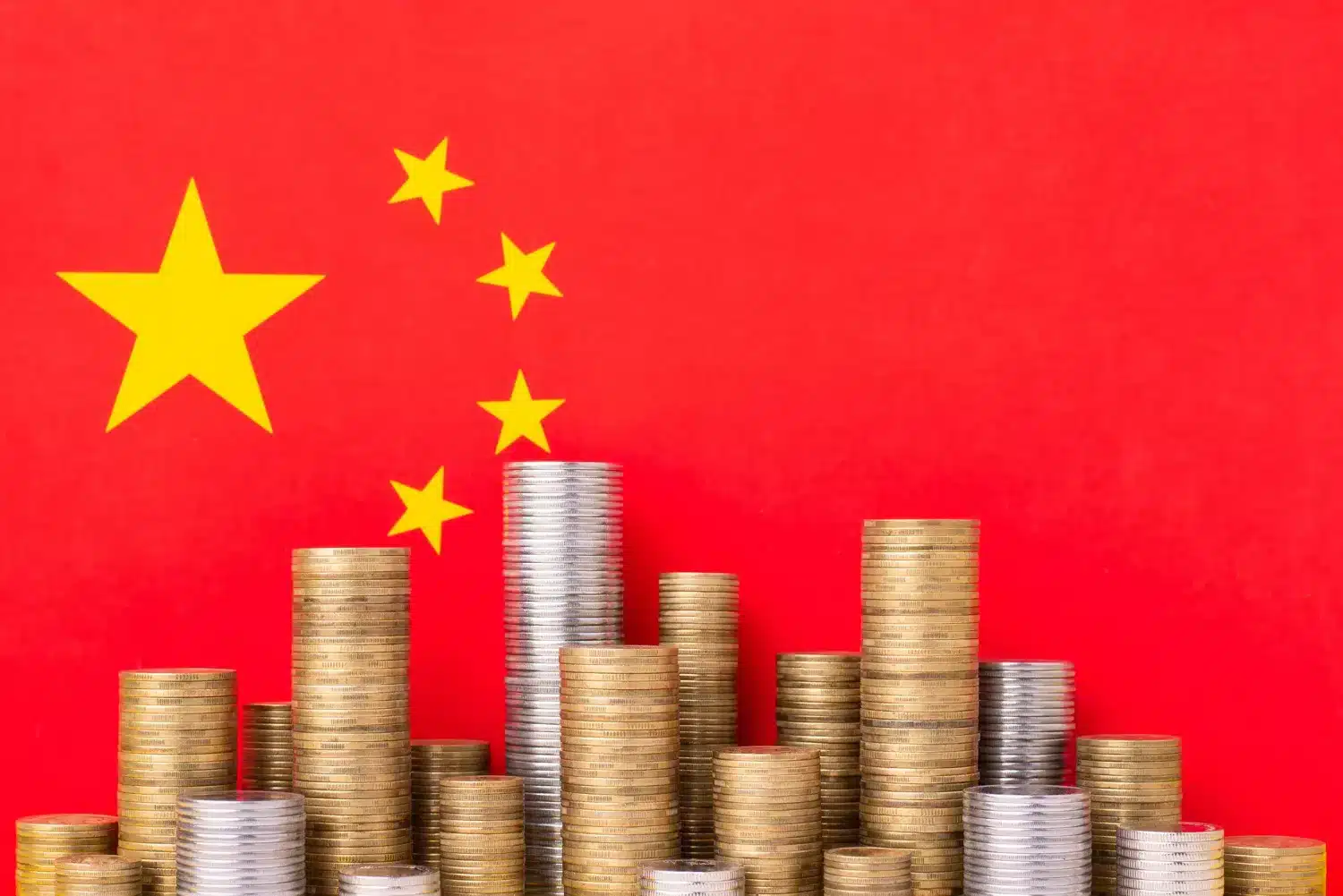The data we received today from the Chinese economy can inspire a slight optimism. It can be assumed that the stimulus measures introduced by the Beijing government are slowly beginning to have tangible effects. The implementation of budget expenditure has been improved, including actions aimed at consumption and investment in infrastructure. Support was also directed towards the real estate market, stocks, and indebted local governments. Further actions are expected to be gradually implemented, as the authorities have announced. For now, however, all this is aimed at minimizing downside risks and stabilizing growth rather than accelerating it. Today’s session brought an increase in the Asia Dow index by 0.64%, the Hang Seng almost broke even, while the Shanghai Composite lost -1.45%.
Particularly positive was the retail sale, which signals an improvement. The nominal indicator grew by 4.8% annually. Here, consumption vouchers issued by local governments probably played a role. In turn, the increase in investment in durable goods remained at 3.4%. Infrastructure spending and government investment in strategic sectors helped. Meanwhile, outlays on the real estate market fell. In the case of industrial production, we noted a growth of 5.3%, which was just below the September result.
Optimism can also be associated with the housing market, where falls have slowed (-0.5% y/y) compared to the collapse we have observed in the last few months. At that time, double-digit declines were often observed. Meanwhile, Chinese exports are growing at 12.7% y/y which is a significant improvement compared to the September result (2.4%). Imports fell by 2.3%. The data suggests that domestic demand is still weak and economic growth mainly comes from the strength of exports.
Here, serious concerns are beginning to mount about the policy of the new US president. Changes include potential tariffs on Chinese goods. Existing US export restrictions on chips and their production devices will likely be maintained. The United States is not the only concern for the Middle Kingdom. Europe is also starting to defend itself against the "flooding" of the market with cheaper electric cars. Protectionism in trade does not bode well for the Asian economy.
China faces a fairly serious risk of deflation. The CPI index was only 0.3% y/y compared to 0.4% in September. The core inflation rate is also very low (0.2% y/y). The prices of producers are still falling (-2.9%). If domestic demand does not pick up pace, the dynamics of consumer prices in the near future may start to show negative values.
Despite some data sending a ray of hope for improvement, many areas still show weakness. There is a visible decline in household loans, while the government sector continues to issue bonds aimed at financing stimulus spending, which is intended to support the economy.
Chinese politicians face many challenges and threats, mainly stemming from the protectionist actions of the Trump administration. In addition to immediate stimuli, Beijing must begin to implement structural changes. Above all, there should be a reorientation of the economic growth model. It would be positive to focus on domestic consumption by supporting the middle class and by taking care of health and pension insurance issues, which would mean that citizens would not be inclined to save excessively. Additionally, there must be a reform of the real estate sector, e.g. by supporting "first-time buyers". Undoubtedly, liberalizing the financial sector would increase capital allocation. This would create more competition in the market and access for foreign investors would expand. Meanwhile, the state enterprise sector should be reformed. Promoting privatization would improve competition in the market. Often it happens that huge enterprises in the hands of the country are less efficient and consume a disproportionately large part of economic resources.
Of course, this takes a lot of time, and Trump is probably not going to delay, especially since he has Congress on his side. He may act more decisively than eight years ago, which of course is not good news for China.
Author: Lukasz Zembik, Oanda TMS Brokers.
The post Chinese economy with slight optimism: stimulation is effective, but challenges remain first appeared on CEO Magazine.
Source: https://ceo.com.pl/chinska-gospodarka-z-lekkim-optymizmem-stymulacja-przynosi-efekty-ale-wyzwania-pozostaja-37185
